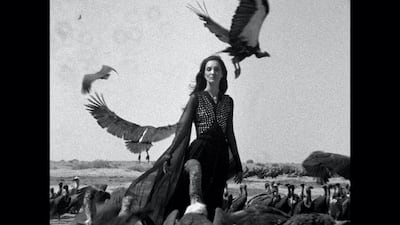












Meeting Jamil Dehlavi - Pakistan's most intriguing filmmaker
Polarising, daring, impossible to decode - Ali Nobil Ahmad meets Jamil Dehlavi, Pakistan's most intriguing filmmaker
Ali Nobil Ahmad
August 09, 2018
- Listen in English
- Listen in Arabic













August 09, 2018